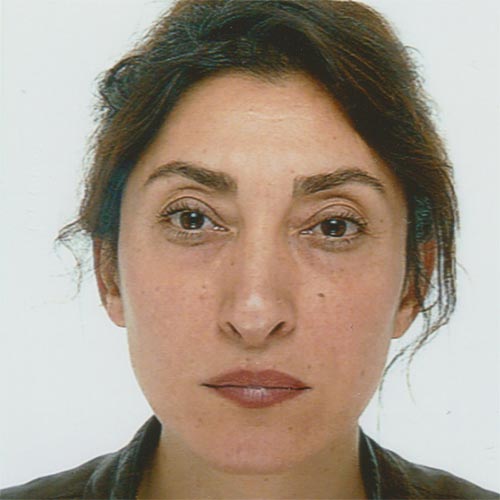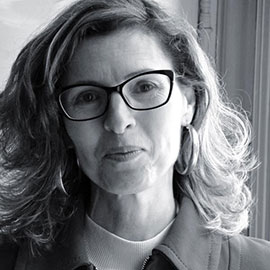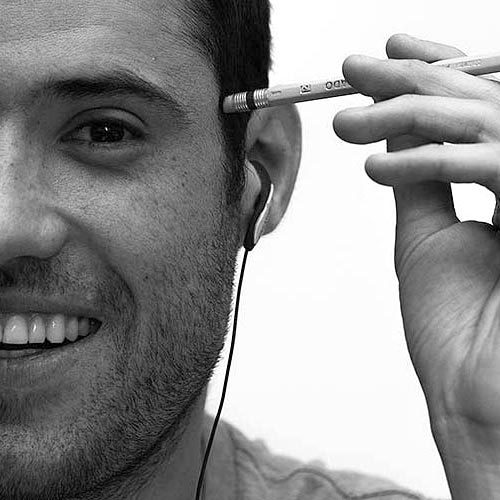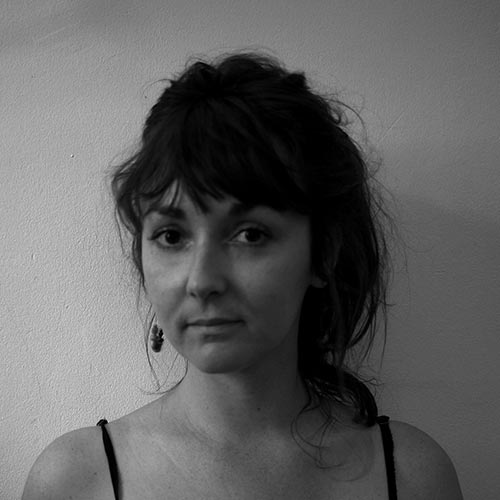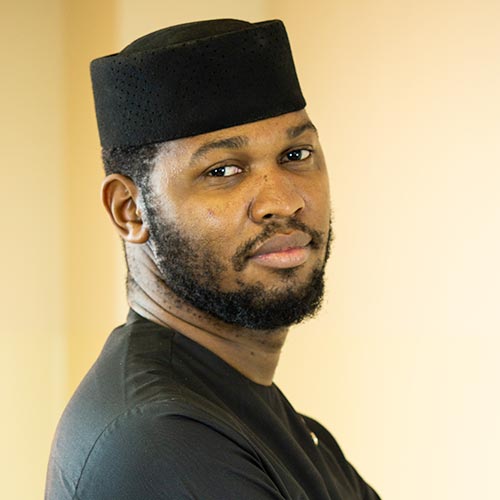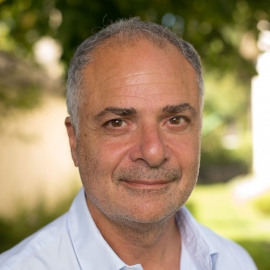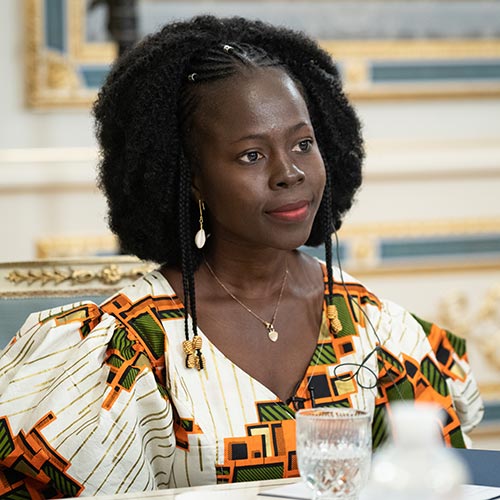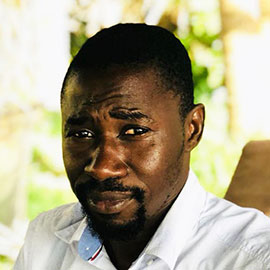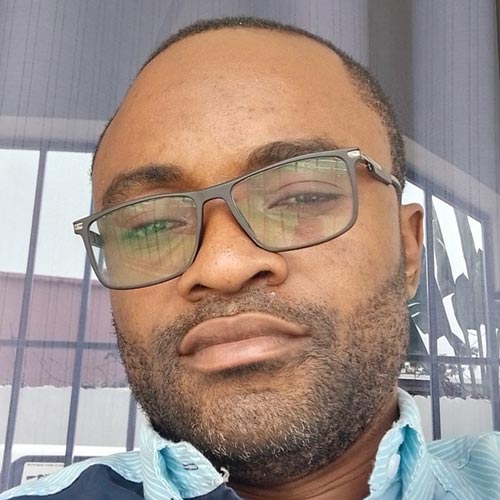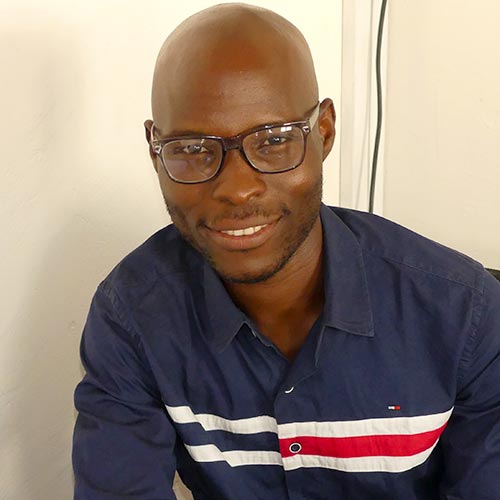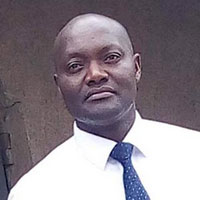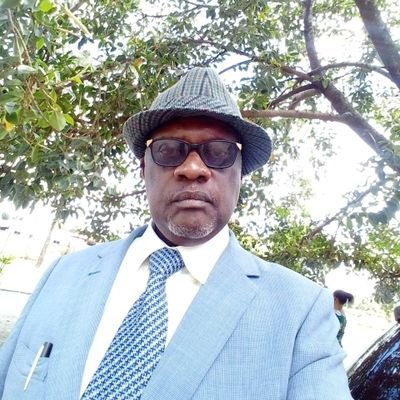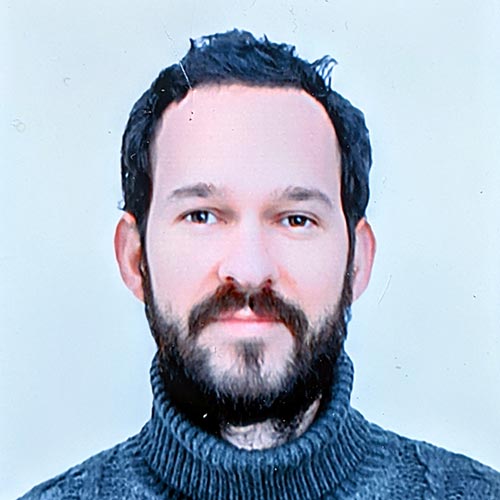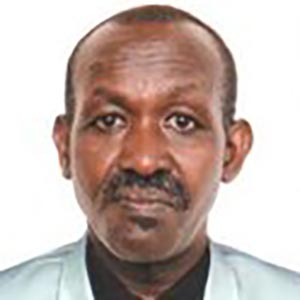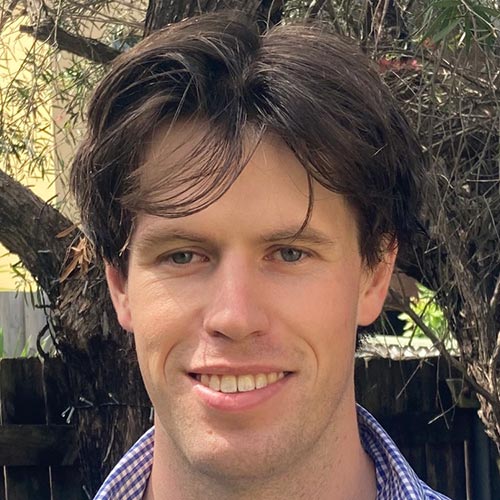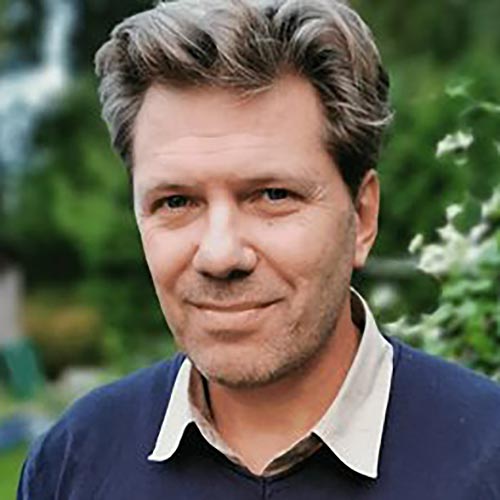What is Justice Info?
Justice Info is an independent news website covering justice initiatives in countries dealing with serious violence, in French and English*. It is a media outlet of Fondatio Hirondelle, based in Lausanne, Switzerland, financed by its readers and by public and private donors.
Our editorial focus is on international and transitional justice. We also cover the most serious violations of international law when they occur at the intersection of war and peace. This means that Justice Info covers trials for war crimes, crimes against humanity, and genocide; truth commissions; reparations programmes; remembrance; reconciliation initiatives; universal jurisdiction; and crimes of aggression, illegal occupation, and annexation of territory.
Justice Info's vision is grounded in local realities, politics, and field expertise. It delves into the inventiveness of human societies confronted with mass violence. It looks towards new horizons such as climate and environmental justice, or corporate responsibility. It looks at the shifting global order and the challenged system of relations between states based on international law. Justice Info is an open, accessible, and innovative media outlet. It aims to be a platform for human communities in search of justice, and a forum for the most stimulating debates.
* Some of our articles are also translated into Spanish, Ukrainian and Russian.
Justice Info is made up of experts in international justice
The core team, in Switzerland and in France:

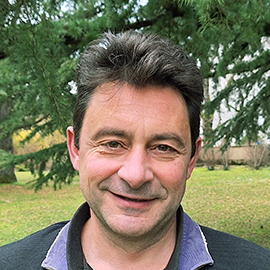
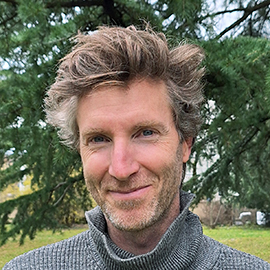
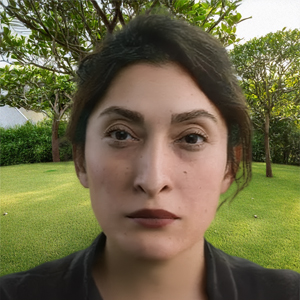


Our correspondents around the world:
In each country covered by Justice Info, we strive to identify the best justice expert capable of faithfully transcribing the reality on the ground. All our correspondents are well-known journalists in their own countries, trained to cover trials and criminal investigations. We select them above all for their independence and professionalism. Our correspondents in The Hague are experts in international justice, working as close as possible to the International Criminal Court and the International Court of Justice.
They are our daily partners:

Oksana Melnyk
Translator
French and Ukrainian national, Oksana Melnyk founded her translation and interpreting firm in France in 2013. She currently lives and works in Switzerland, translating in French, English, Ukrainian, Russian and Italian. Specializing in legal translations, she has been part of the Justice Info team as freelance translator since 2022.
In memory of Ephrem Rugiririza:

In tribute to Ephrem
Editor in chief for Africa
The editorial staff of Justice Info are in mourning after the death of our Africa editor, Ephrem Rugiririza, on Tuesday November 30 at his home in Kampala, Uganda. We publish here a tribute from one of those who knew him best in his early days as a journalist. They both joined Radio Rwanda in 1991, on the eve of a national cataclysm, the genocide of the Tutsis, through which Ephrem lived with a rare and life-saving concern for accuracy and balance.
The DNA of Justice Info
Justice Info was created in Lausanne, Switzerland, in the spring of 2015, under the impetus of Pierre Hazan, a journalist and expert in transitional justice. He explains:
“What is at stake is essential: how we deal with past violence defines the values of the present and the choices our society makes for the future.”
A 100% digital and independent media outlet with no advertising, Justice Info was created and is supported by Fondation Hirondelle, a Swiss non-profit organization founded in 1995 in the aftermath of the Rwandan genocide to provide reliable and useful information to populations facing serious crises.
In August 2018, a new team was set up to give Justice Info a new lease of life. Sylvain Olivri took charge of developing the website and Thierry Cruvellier took over as editor-in-chief. He describes Justice Info as follows:
“We are convinced that nothing is too complex or technical to be explained and shared, that the stories we cover have universal relevance, that rigorous and independent information is the guarantor of dignified and fair justice, and that what is happening in Bunia, in the eastern Democratic Republic of Congo, can have resonance with what other peoples in Europe, the Middle East, Asia, Americas or Oceania have lived through or may have to live through.”
From Tunis to Bogota, from Kyiv to Bangui, our local correspondents and specialists are committed to reporting and shedding light, in clear language and with an independent mind, on stories of justice and of women and men facing serious violence and seeking to overcome it.
From local to global (and vice versa)
A significant portion of our audience consists of the populations most affected by international crimes. Independence and professionalism are all the more important when serving societies where information is often scarce and biased. We want to offer these readers, in particular, reliable and critical coverage of the justice efforts that affect them most.
Justice Info's content is also aimed at experts and actors in international justice, lawyers, judges, researchers, academics, politicians, civil society organizations, humanitarians, and journalists, all of whom relay information in their spheres of influence and action. We want to offer them a forum for innovative, bold, and even uncomfortable ideas and reflections, including an unvarnished analysis of often decisive practical and political realities.
Our approach is to inform each of these audiences about what the other lacks access to, to invite them to take an interest in and learn from each other's realities and issues, and -- why not -- bring them together on our social networks.
A Syrian facing the challenges of justice after the fall of the Assad regime can find food for thought and useful lessons in the experience of “total” transitional justice in Colombia. A researcher at Leiden University in the Netherlands can draw on the reports and analyses of our correspondents in Ukraine or the Democratic Republic of Congo.
Our funding
A project of Fondation Hirondelle, a Swiss non-profit organization, Justice Info operates without shareholders, advertising, or paywalls.
Its funding comes mainly from institutional donors and private foundations, whose support can be found in Fondation Hirondelle annual reports. In 2025, Justice Info is funded by the Swiss Agency for Development and Cooperation (SDC), Swiss Solidarity, Fondation Valeria Rossi di Montelera, and a fourth foundation that wishes to remain anonymous.
As the diversification of Justice Info's funding sources is the main guarantee of its independence, donations from individuals are essential.
These can be made via the “DonorBox” feature in the “Support us” section of the JusticeInfo.net website.
The annual accounts of the Fondation Hirondelle (including those of Justice Info) are audited annually in a statutory report, carried out by an approved firm, and available here.
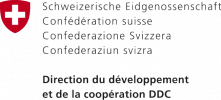

Editorial charter
In its founding principles, its values and its functioning, Justice Info is in line with the Fondation Hirondelle Charter.
Fondation Hirondelle, of whose media Justice Info is the only “pure player”, creates or supports independent media in crisis zones. It defends its independence from political and economic powers. It defends non-partisan information. No one, with the exception of persons designated by the Foundation, may demand or prohibit the dissemination of content by any of Fondation Hirondelle's media outlets.
Justice Info publishes, among other content, opinion pieces or "Op-Eds from outside contributors, highlighting diverse ideas, with respect for all. The comments made do not necessarily reflect the position of Fondation Hirondelle or Justice Info. The conditions are only that they must not be contrary to the values, codes and Charter of Fondation Hirondelle, to journalistic ethics, or to Swiss law.
Fondation Hirondelle four fundamental principles
Fondation Hirondelle (FH) demands professionalism and excellence in its field of activity. Well-defined editorial objectives must be qualitatively measurable thanks to rigorous management, which is a guarantee of quality and success for FH media.
Fondation Hirondelle aims to respond to concrete information needs by following four fundamental principles.
Independence
Independence notably from political and economic powers, to ensure the credibility of our news and information among beneficiary populations. Justice Info produces content that respects laws, and the ethical and deontological rules of the profession. Nobody can demand broadcast of an item on FH media except for professionals designated by the Fondation.
Honesty
Honesty is a guarantee of independence. FH journalists come from diverse cultural, religious and national backgrounds which are sometimes in conflict with each other. Each individual is formed by his or her life, memory, traumas, desires, dreams, affinities, prejudices, etc. The absolute objectivity often demanded of journalists is a utopia. Fondation Hirondelle promotes a human value: honesty. A journalist must report the facts as honestly as possible while combating his or her prejudices. More generally, honesty is a fundamental value of FH in its relationships with third parties, donors and partners.
Universality
Universality in respect for differences. FH work is based on a conviction that there are universal values, as defined by the Universal Declaration of Human Rights. Through its action in countries or regions hit by crises and violent acts, FH believes each person is precious and deserves dignity. Respect for dignity implies respect for the differences and particularities of each person.
Openness
Openness to the world is part of Fondation Hirondelle's DNA. Justice Info is in line with the Recommendations on the Media established by the UNESCO Round Table (4-5 May 2000, Geneva).








